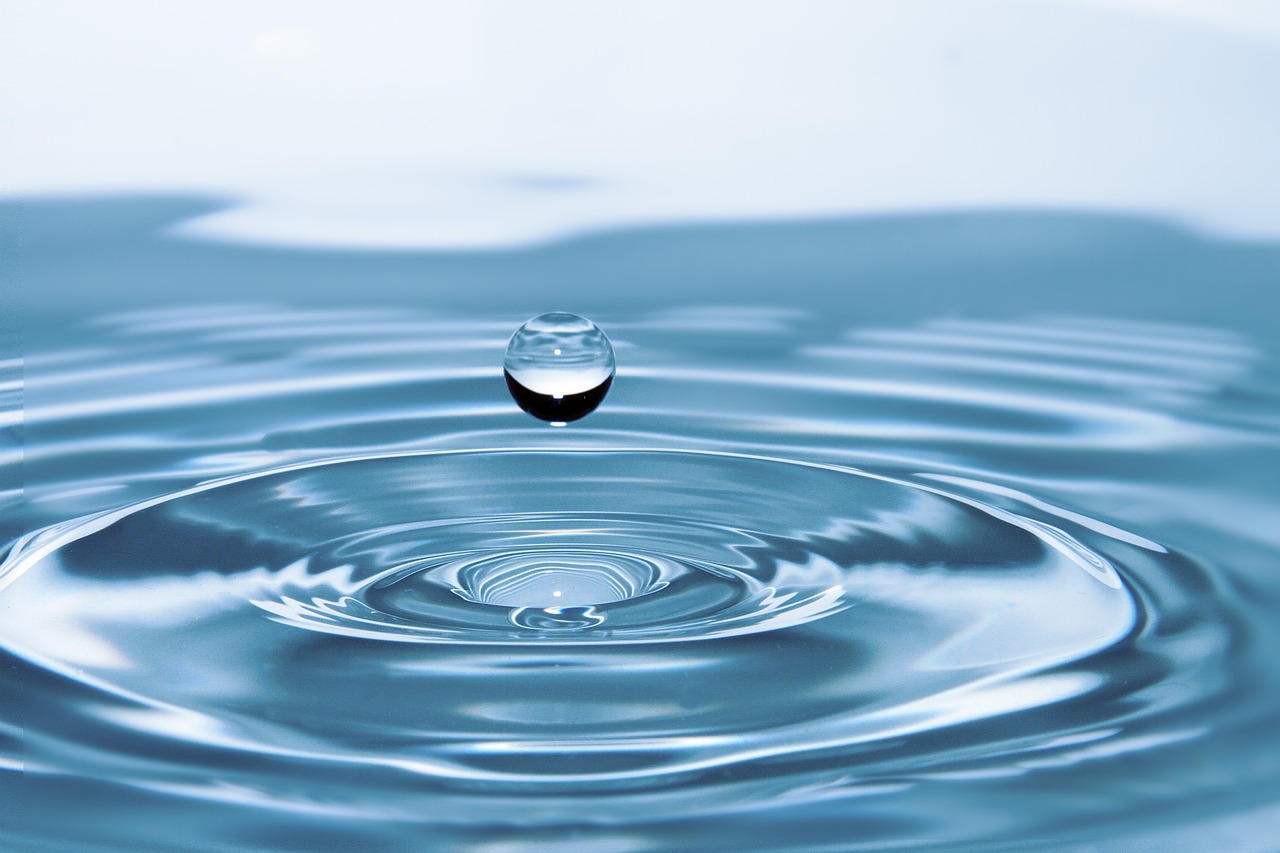Table of Contents
ToggleIntroduction:
Access to clean water is a fundamental human right that is vital to survival, health, and development. Despite being one of the most abundant resources on earth, clean water is a scarce commodity in many parts of the world. According to the United Nations, around 2.2 billion people do not have access to clean water, and this has led to numerous health and environmental problems. In this article, we will discuss why access to clean water is a basic human right and its importance for environmental sustainability.
Importance of Clean Water:
Clean water is essential for human health and development. It is required for drinking, cooking, and hygiene purposes. The lack of access to clean water can lead to the spread of water-borne diseases such as cholera, typhoid, and dysentery, which can be fatal. According to the World Health Organization, around 2.2 million people die each year due to water-related diseases, most of them being children under the age of five.
Access to clean water is also important for the development of economies. It enables agricultural activities, promotes tourism, and supports industrial growth. In addition, access to clean water is critical for environmental sustainability. It helps to preserve biodiversity, maintain ecosystems, and reduce the impact of climate change.
The Human Right to Water:
The human right to water was recognized by the United Nations General Assembly in 2010. The resolution stated that access to clean water and sanitation is a fundamental human right essential for the full enjoyment of life and all other human rights. The resolution also recognized the right to safe and clean drinking water and sanitation as a human right that is essential for the realization of all other human rights.
Access to clean water is a basic human right that should be available to everyone, regardless of their socioeconomic status or geographic location. It is the responsibility of governments and international organizations to ensure that everyone has access to clean water and sanitation.
Challenges to Access to Clean Water:
Despite the recognition of the human right to water, many challenges hinder access to clean water. These challenges include lack of infrastructure, poor governance, and climate change. In many parts of the world, the lack of proper infrastructure, such as water treatment plants and distribution networks, makes it difficult to provide clean water to communities.
Poor governance is also a significant challenge to access to clean water. Corruption and mismanagement of resources can lead to the misallocation of water resources, leaving many people without access to clean water. Additionally, climate change is a significant challenge to access to clean water. Changes in precipitation patterns, melting glaciers, and rising sea levels can affect water availability, quality, and distribution.
Conclusion:
Access to clean water is a fundamental human right that is essential for human health, development, and environmental sustainability. Despite the recognition of the human right to water, many challenges hinder access to clean water. It is the responsibility of governments, international organizations, and individuals to work together to address these challenges and ensure that everyone has access to clean water and sanitation. We must recognize the importance of clean water and work towards achieving sustainable development goals that prioritize access to clean water for all.








2 thoughts on “Clean Water: A Basic Human Right for All”
Pingback: A New Discovery of Moss that Removes Arsenic from Water
Pingback: Water Problems in the World: Scarcity, Pollution, Climate Change